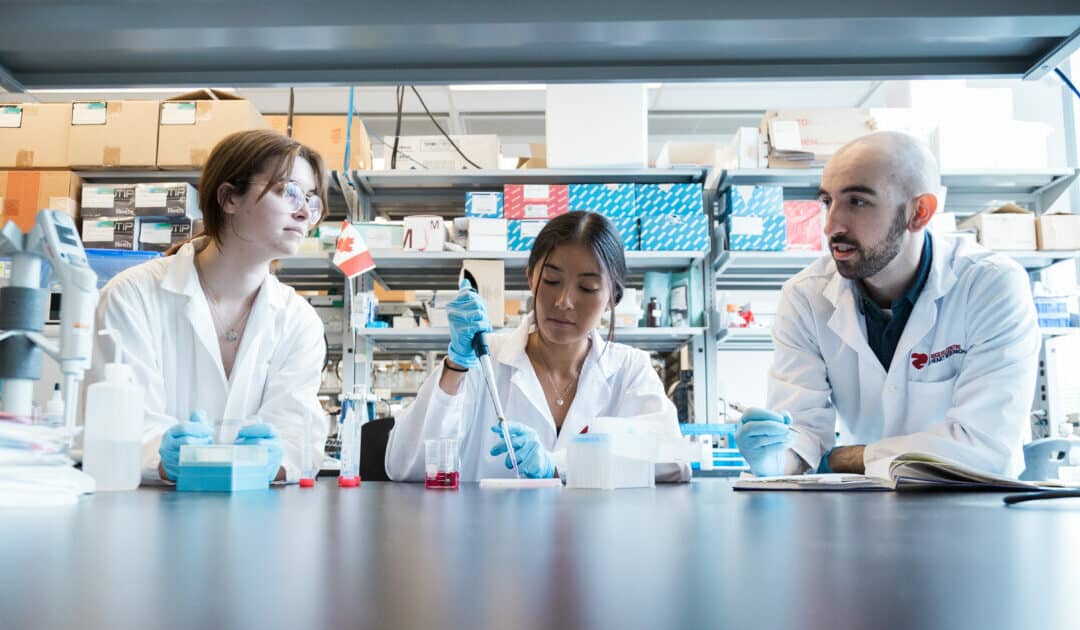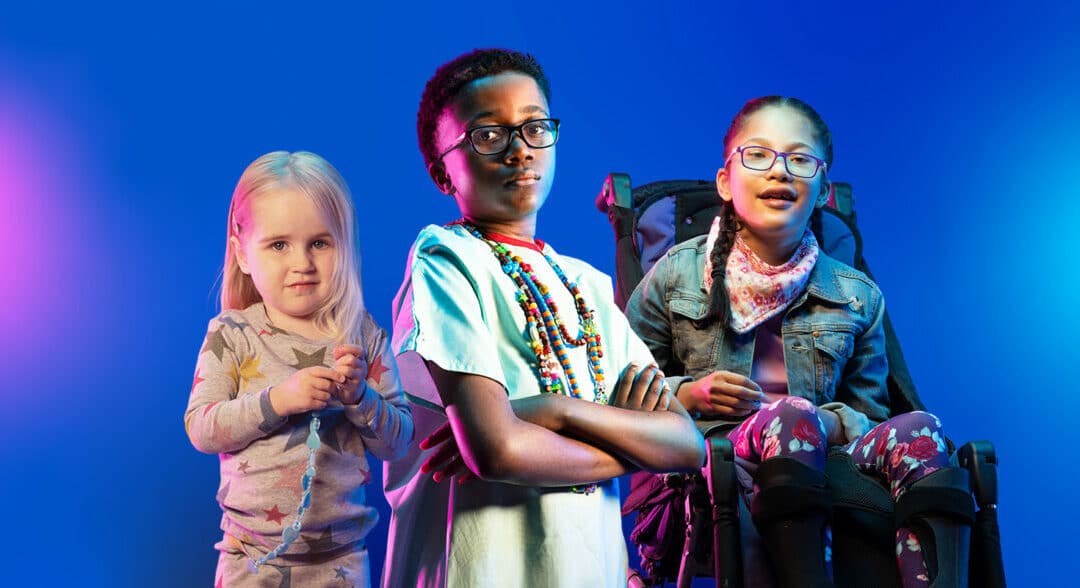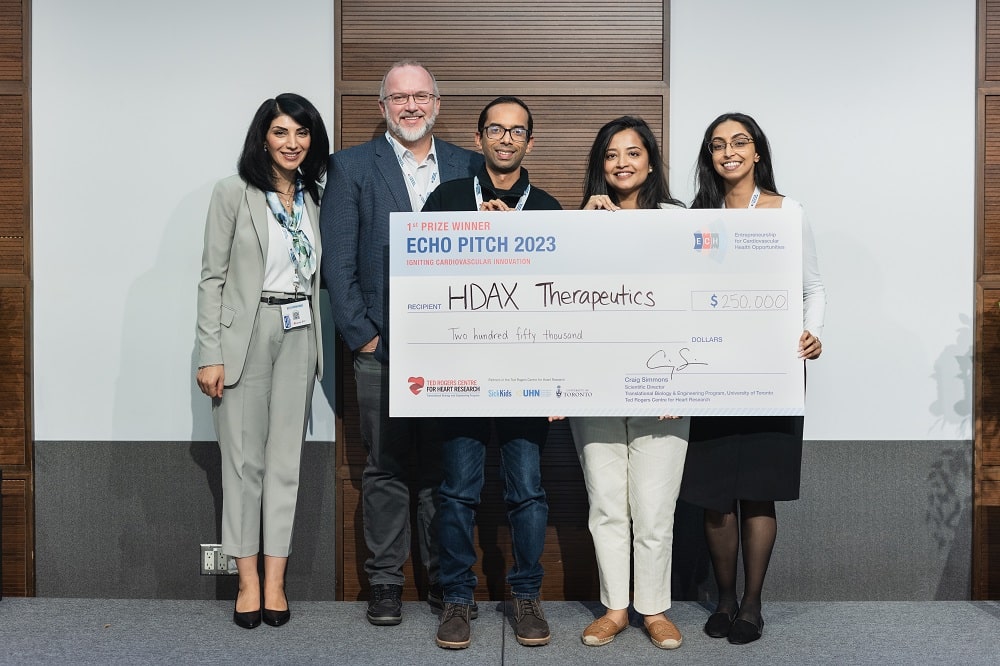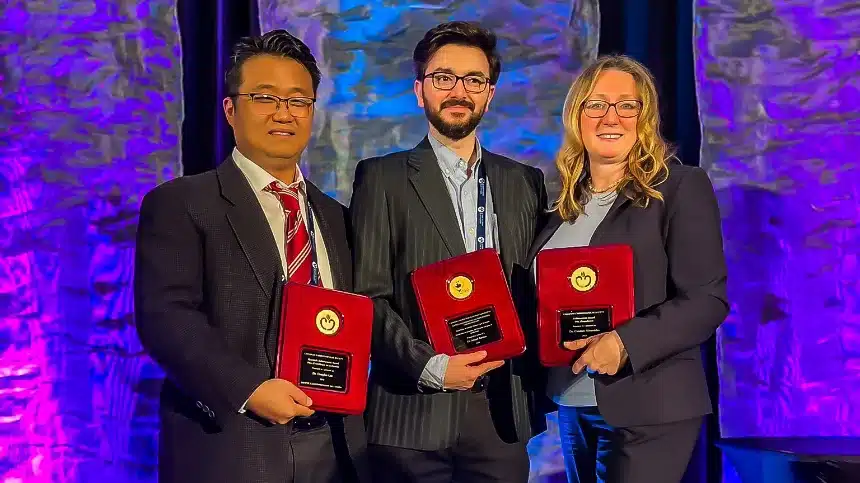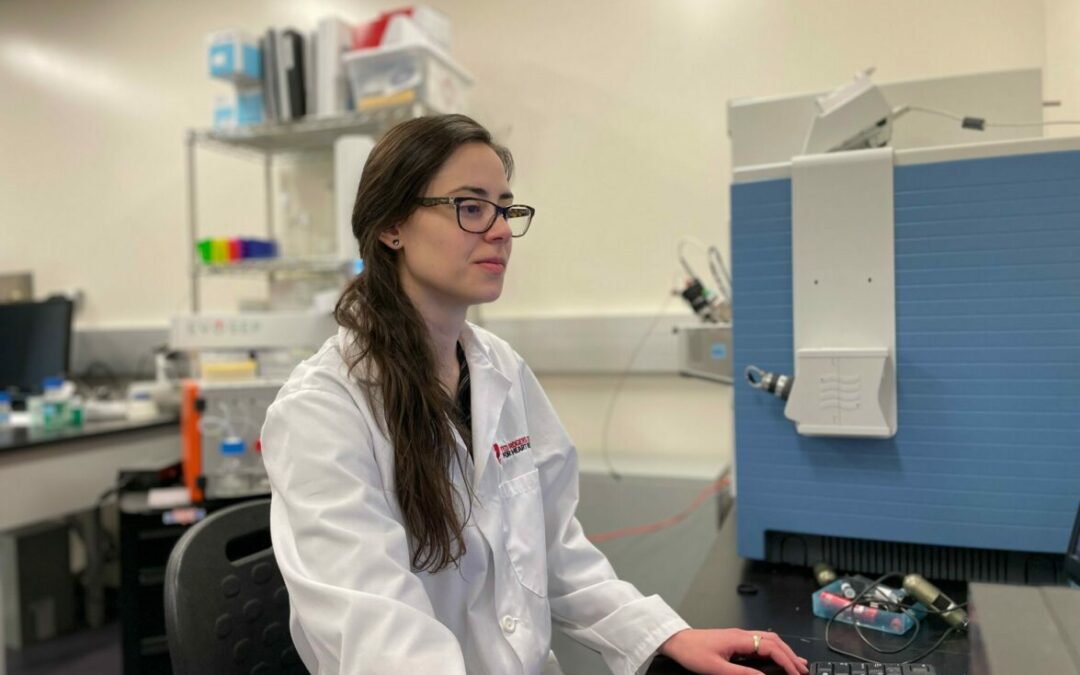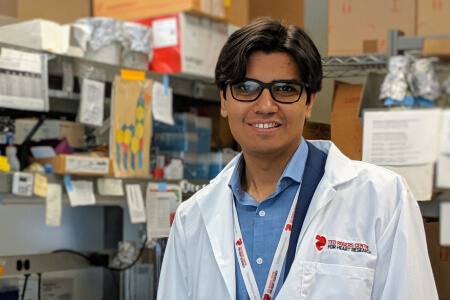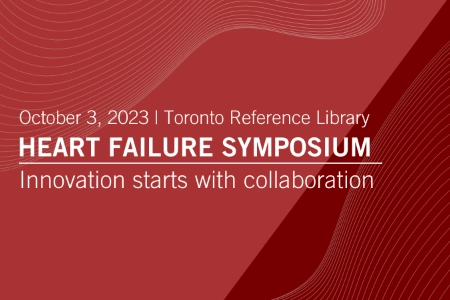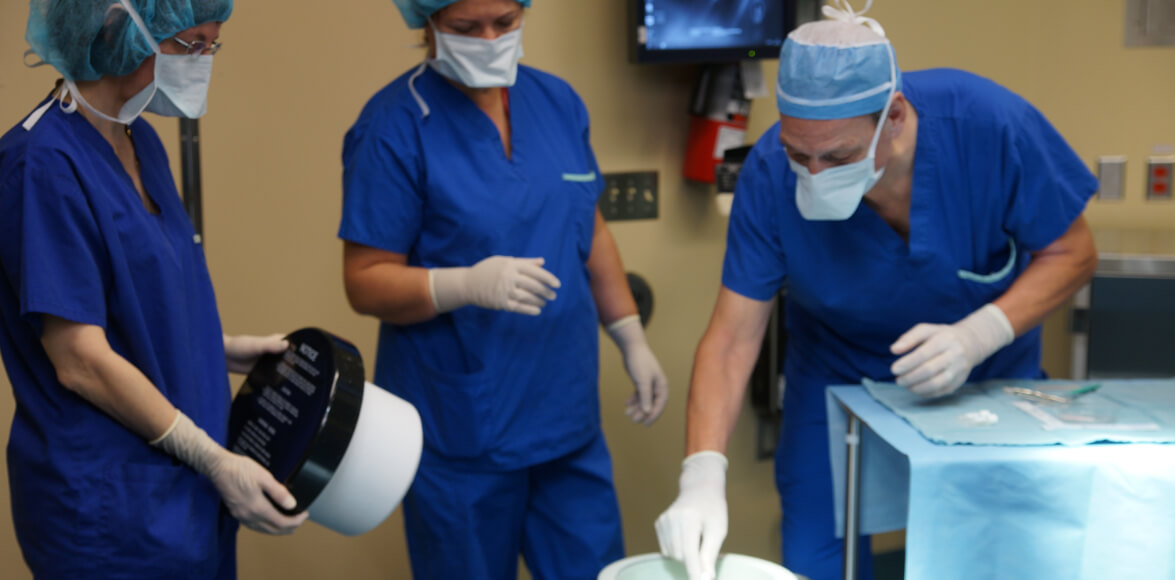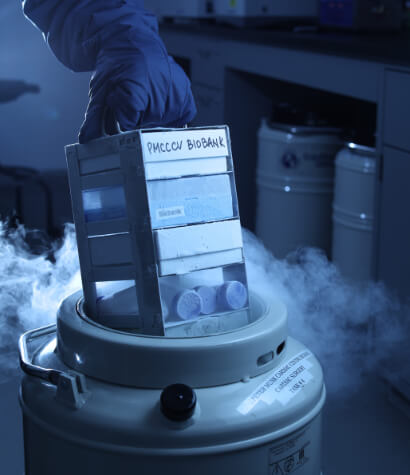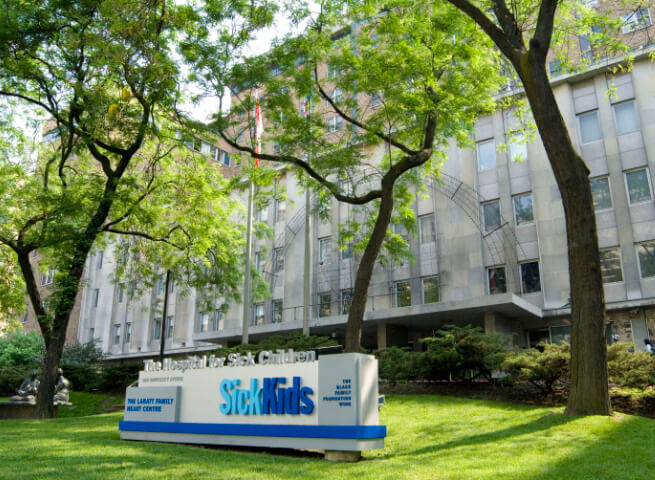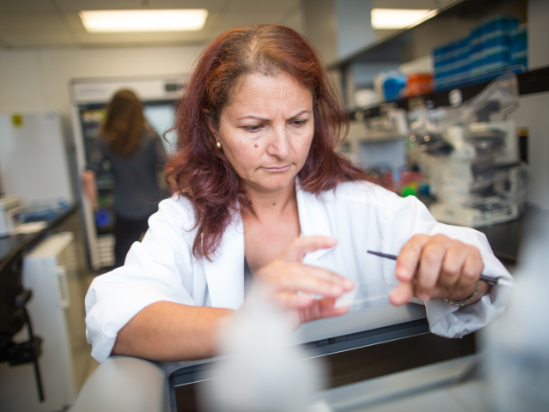The Peter Munk Cardiac Centre Cardiovascular Biobank is a key resource in empowering translational research within and beyond the Ted Rogers Centre. It is one of the first biobanks registered with the Research Ethics Board and includes an oversight committee staffed by experts in various disciplines who can judge the quality and validity of any proposed study.
As of 2022, the biobank team had consented 17,000 patients from 12 clinics across University Health Network. It now stores over 275,000 of their samples – a figure that rises by about 50,000 each year.
Through such patient participation, the biobank can support investigators seeking to decipher how heart disease progresses at molecular and genetic levels, discover new biomarkers for diagnostic and prognostic purposes, and identify new therapeutic targets. It is now used as a service for a wide variety of clinical trials.




